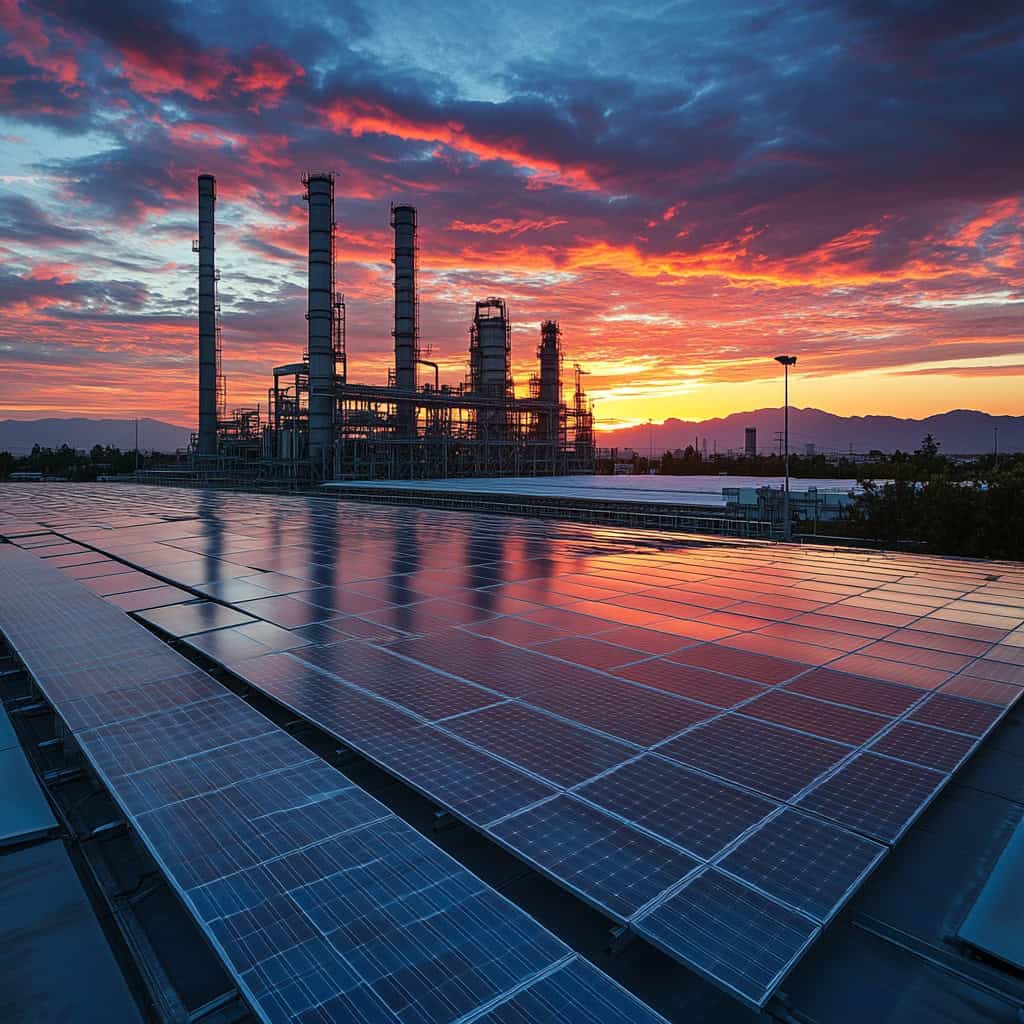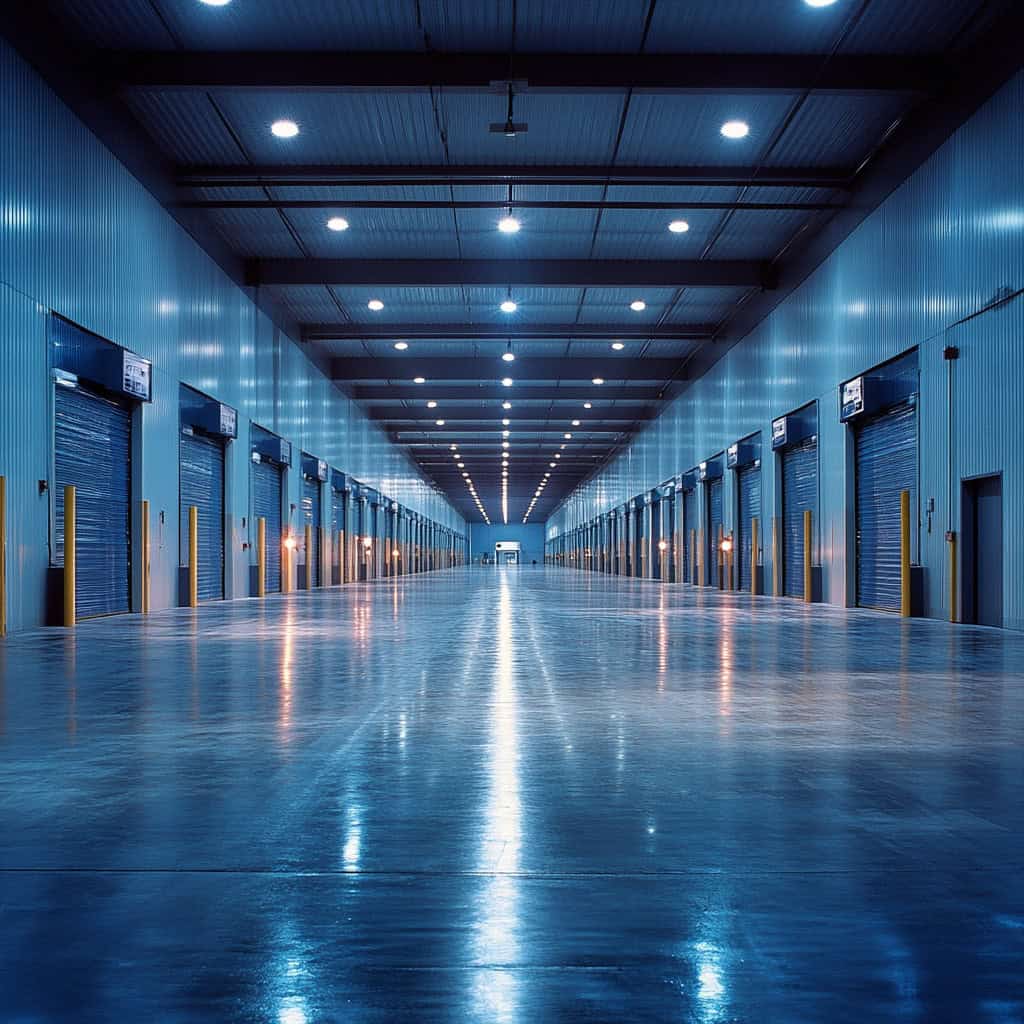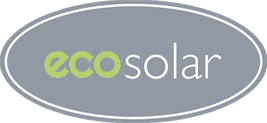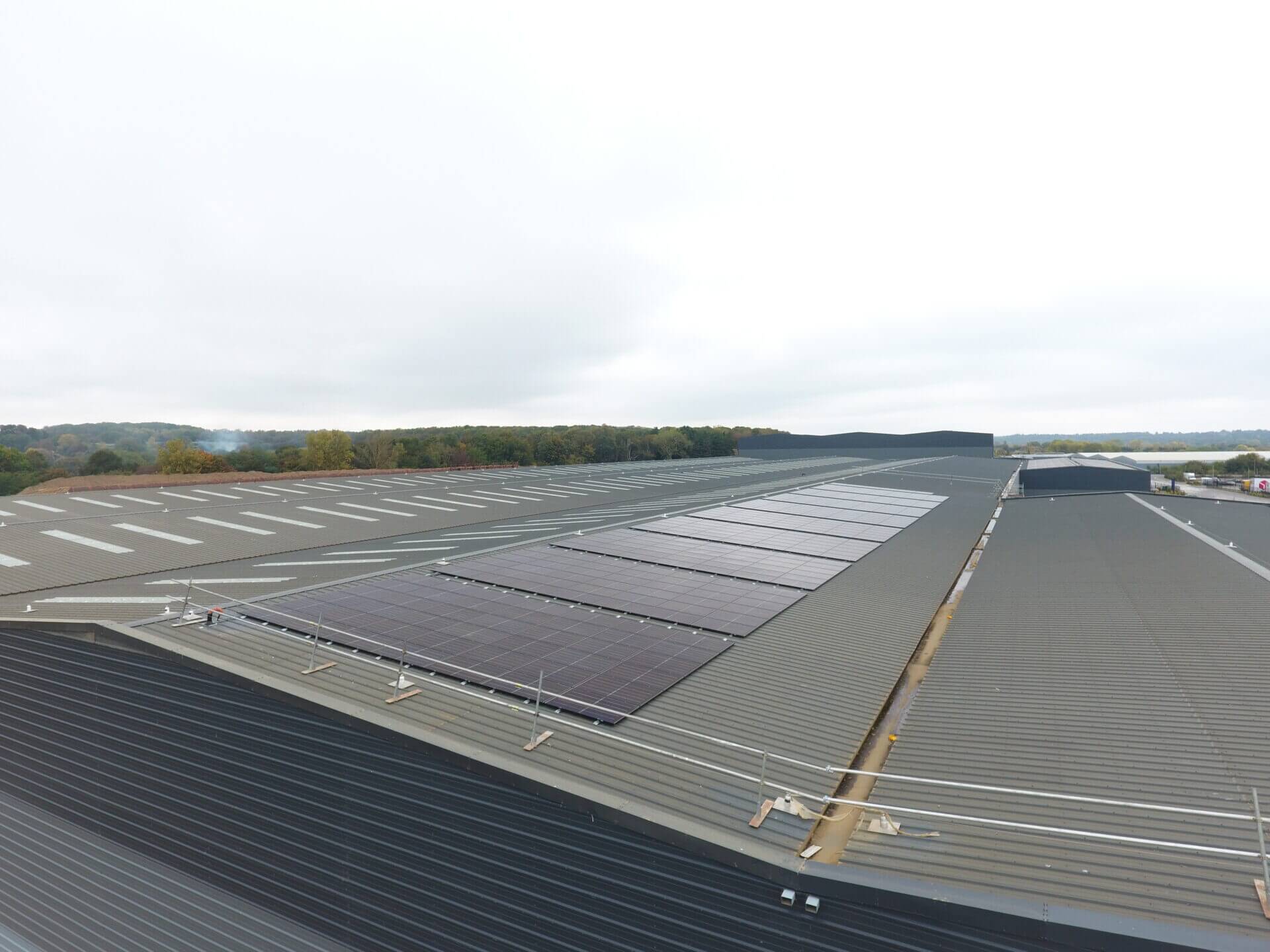The shift to renewable energy is no longer a distant aspiration, it’s an imperative for industries worldwide. For energy intensive sectors such as manufacturing and refrigerated warehousing, transitioning to renewables like solar power presents both formidable challenges and promising opportunities.
These industries are heavily reliant on consistent and abundant energy supplies to power machinery, maintain precise environmental conditions, and ensure uninterrupted operations.
Solar energy has great potential for saving money and being sustainable. However, it also has challenges. These include changing sunlight, the need for energy storage, and updating old infrastructure.
This blog will look at new strategies and solutions. These help energy-intensive industries overcome challenges. We will highlight the benefits of adding solar power to their energy mix.

Understanding the Specific Challenges of Energy Intensive Industries
Energy-intensive industries are defined by their high electricity consumption, often sustained throughout the day and night. Below are some of the unique challenges they face when considering a transition to solar energy:
- Variability in Solar Output: Solar power is dependent on sunlight availability, which fluctuates by time of day, weather, and season. Industries that operate 24/7 must address these inconsistencies to avoid disruptions.
- Energy Storage Requirements: A reliable energy storage system, such as advanced batteries, is crucial for storing surplus energy generated during sunny hours for use during the night or cloudy periods.
- Infrastructure Retrofitting: Many facilities were not designed with renewable energy in mind, meaning significant investment may be required to adapt existing structures for solar integration.
- Large Energy Needs: Traditional solar installations may not generate enough electricity to meet the colossal demands of some sectors without supplemental energy sources.
Despite these obstacles, several strategies enable energy-intensive industries to exploit the benefits of solar power effectively.
Innovative Strategies for Solar Adoption in High Energy Sectors
- Hybrid Energy Systems
Hybrid systems combine solar energy with traditional power sources or other renewables like wind and biomass. This approach ensures a steady energy supply, compensating for Solar’s variability. By integrating different energy sources, businesses can increase reliability and reduce dependence on fossil fuels. - Advanced Energy Storage
Deploying cutting-edge battery systems is key to effectively utilising solar power in energy-heavy sectors. These systems let facilities store extra solar power made during sunny hours. They can use this power later when demand is high or at night. Modern lithium-ion and thermal storage technologies are increasingly popular due to their scalability and efficiency. - Energy Efficiency Upgrades
Reducing overall energy consumption can make solar adoption more feasible. Facilities can upgrade to energy-efficient machinery, optimise operational processes, and retrofit buildings to minimise waste. Upgrades such as LED lighting, programmable thermostats, and energy-efficient equipment can significantly lower baseline consumption. - Smart Energy Management Systems
For industries like manufacturing, intelligent energy management systems direct solar energy to critical processes in real-time. These systems dynamically allocate energy based on demand, increasing efficiency and reducing the need for supplementary power sources.
Businesses adopting these strategies can realise significant cost savings while advancing their sustainability goals.
From Chilled Warehouses to Manufacturing Lines: Solar in Action
Refrigerated warehouses consume enormous amounts of electricity to maintain low temperatures for perishable goods like food and pharmaceuticals.
Using solar power in these places can be hard. This is because there is a constant need for power and not enough roof space for solar panels. However, with creative solutions, solar can play a significant role.
Key Solutions for Refrigerated Warehousing:
- Rooftop and Ground-Mounted Solar Systems: For facilities with limited roof space, ground-mounted solar arrays near warehouses can increase solar capacity.
- Thermal Storage: Thermal batteries store heating or cooling energy generated during peak sunlight hours for use at night.
- Cost Savings: Solar energy offsets peak electricity costs, offering significant operational savings while contributing to sustainability.

Manufacturing
Manufacturing facilities require high-powered machinery and continuous operations that consume substantial energy. Solar energy may not meet all energy needs, but it can provide a large part. This helps reduce the use of fossil fuels.
Key Solutions for Manufacturing:
- On-Site Solar Farms: Establishing dedicated solar farms allows manufacturers to generate large amounts of renewable energy in proximity to their facilities.
- Energy Management Integration: Advanced systems prioritise solar usage during peak production hours, maximising efficiency.
- Carbon Reduction: Incorporating solar into the energy mix helps manufacturing firms meet carbon reduction targets, enhancing their environmental credentials.
Solar Power in Retail Giants like Aldi and Lidl
Retailers like Aldi and Lidl offer valuable insights into using solar power in energy-intensive industries. These businesses operate energy-hungry facilities, including chilled warehouses, expansive lighting systems, and electric vehicle charging stations.
Challenges for Energy-Intensive Retailers:
- High Energy Demand: Chilled storage and storefront operations require continuous electricity.
- Scaling Solar Across Locations: Deploying solar solutions for multiple stores and distribution centres entails logistical challenges and large upfront investments.
- Energy Variability: Retail operations demand reliable power, necessitating storage solutions to counter solar variability.
Innovative Solar Solutions for Retail:
- Rooftop Solar Arrays: Retailers can install solar panels on store roofs and distribution centres. This helps them generate clean energy on a large scale.
- Smart Energy Systems: These systems optimise energy use, balancing solar with grid electricity as needed.
- Battery Storage: Storing solar power for use at night or on cloudy days ensures consistent operations.
- Solar-Powered EV Charging Stations: Many retailers now use solar energy to support sustainable transportation for customers, aligning their operations with consumer expectations.
By integrating solar power, retailers like Aldi and Lidl not only reduce costs but also demonstrate strong environmental stewardship. More consumers care about brands that are conscious of the environment. Solar-powered operations help create a green image. This image builds customer loyalty and makes brands more competitive.
Why Solar is the Future for Energy Intensive Industries
The transition to solar power presents both challenges and opportunities for industries with substantial energy needs. High energy needs, operational limits, and infrastructure issues create challenges. However, new solutions like hybrid systems, better storage, and smart energy management are helping to overcome these problems
Industries that usesolar energy lower their carbon footprint. They also set themselves up for long-term economic and environmental success. As the world aims for a sustainable future, solar power is important. It helps organisations remain competitive and strong.
By using solutions made for their specific needs, energy-intensive industries can break through barriers. This way, they can fully enjoy the benefits of solar energy.
Solar energy is changing the game. It helps keep warehouses cool and powers advanced manufacturing lines.

